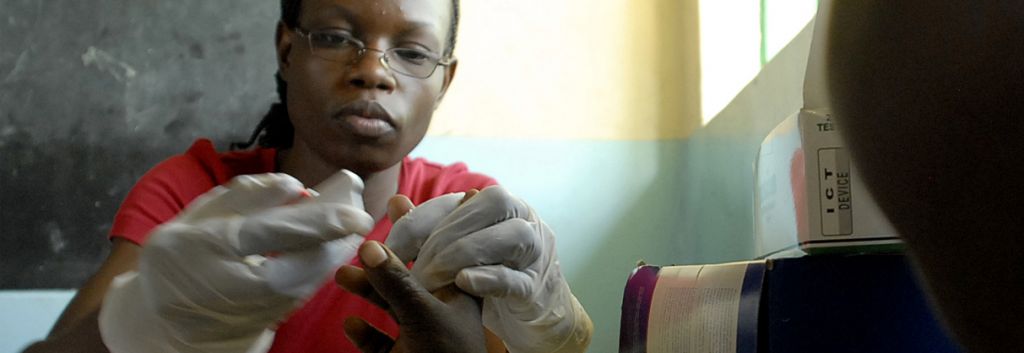University of Copenhagen released a vaccine candidate against the form of malaria that strikes pregnant women, for testing in humans. The vaccine candidate contains a malaria antigen made with ExpreS2ion Biotechnologies’ protein expression technology, ExpreS2.
This vaccine candidate results from many years of research done by Professor Ali Salanti and his team at the Department of Immunology and Microbiology at the University of Copenhagen. The work leading to the release of the testing lot of this vaccine has been funded by the Danish Advanced Technology Foundation (HTF, now Innovation Fund) the European Vaccine Initiative (EVI) and the Framework 7 European Union program.
“It is the first time that a university in Denmark has conceived and produced a vaccine, and this has only been achieved because of the very close cooperation within the consortium that includes ExpreS2ion and the University,” commented Professor Salanti.
More than 30 variants of the complex malaria antigen that forms part of this vaccine were produced by ExpreS2ion to enable Professor Salanti’s team to perform the needed tests to select the most promising vaccine candidate. A robust production process for the antigen was developed by ExpreS2ion and transferred to a manufacturer for production of a batch performed under conditions necessary for human testing.
Dr. Charlotte Dyring, CEO of ExpreS2ion Biotechnologies, said: “This is a very important milestone for our company. The ExpreS2 system solved the protein expression challenge for this antigen that had failed to be expressed in alternative systems. We consider the collaboration with the University of Copenhagen an important success for ExpreS2ion: we have delivered on the needs of the project, and demonstrated again the power of our protein expression system ExpreS2 to deliver results seamlessly through development, from research to manufacturing”.
Placental malaria affects pregnant women causing the death of 200,000 infants and 10,000 pregnant women each year. It is associated with a significant decrease in infant birth weight, especially in the first pregnancy. Infants may be at an increased risk of anaemia, increased malaria prevalence rates and mortality during their first year of life. Women with malaria infection of the placenta also have a higher risk of passing HIV infection to their new-borns.
As placental malaria has still no effective cure, an effective vaccine would have countless benefits in communities affected by this disease. the human tests will start in Germany and Benin.





